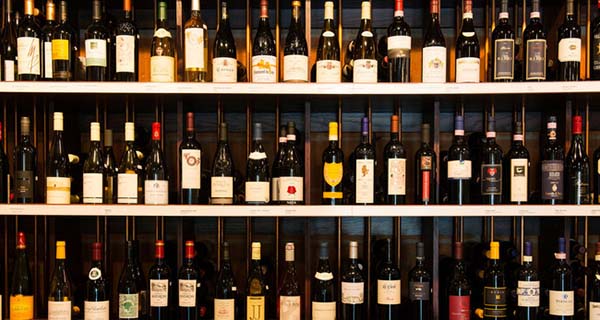
Counterfeiting of spirits and wine costs European Union businesses 1.3 billion euros every year, according to a new report by the European Union Intellectual Property Office (EUIPO). According to the report, 4.4% of legitimate sales of spirits and 2.3% of legitimate sales of wine are lost each year due to counterfeiting of alcoholic drinks. The phenomenon translates in 18,500 fewer jobs in the sector across the EU.
BIG IMPACT ON SMALL PRODUCERS – “The spirits and wine manufacture sector in the EU is overwhelmingly made up of small and medium enterprises, with an average of 10 workers per firm. This report shows the economic impact of counterfeiting on this industry, and its consequences for the EU economy as a whole,” said the Executive Director of the EUIPO, António Campinos. The total yearly loss of government revenue as a result of counterfeit products across the EU-28 in terms of household income taxes, social security contributions, corporate income taxes, VAT and excise duties is estimated at 1.2 billion euros.
ITALY ALSO IMPACTED – Spain is the most affected EU economy, with 263 million euros of lost revenues in the wine and spirits manufacturing sector every year as a result of counterfeiting, and 90 million euros of unpaid excise duties. France follows with 163 million euros of lost revenues and 100 million of unpaid duties. In Germany, the eurozone’s largest economy, fake spirits and wines cost 140 million of lost revenues, with a further 65 million lost in excise duties. In Italy, counterfeiting costs an annual 162 million euros to the spirits and wine sectors – 2.7% of the total market. A further 18 million euros is lost each year in excise duties. The United Kingdom loses 87 million euros in sales and 197 million in excise duties. The report is the eighth in a series of sectorial reports quantifying the economic impact of counterfeiting, said the agency, based in Alicante, Spain.
